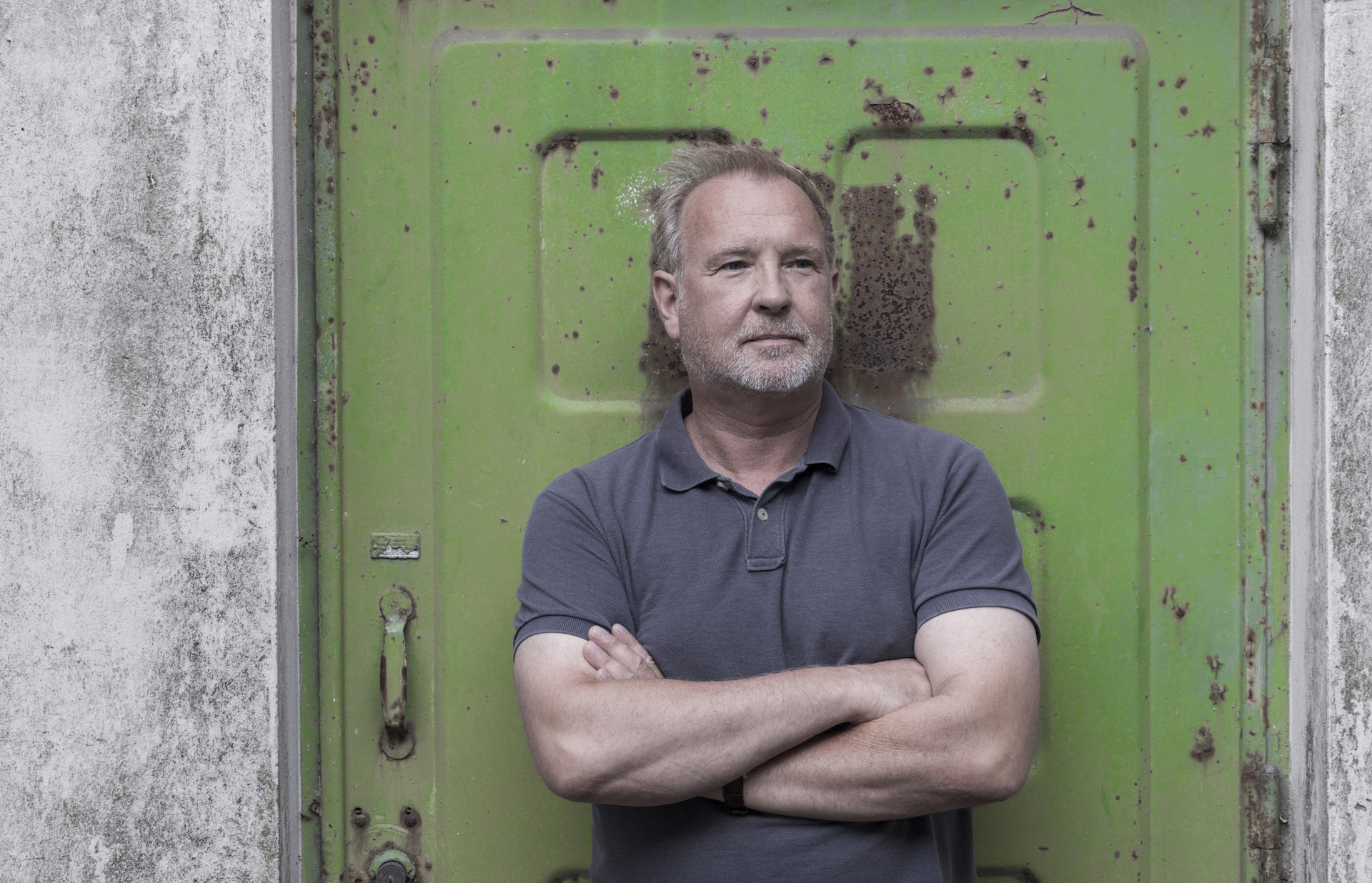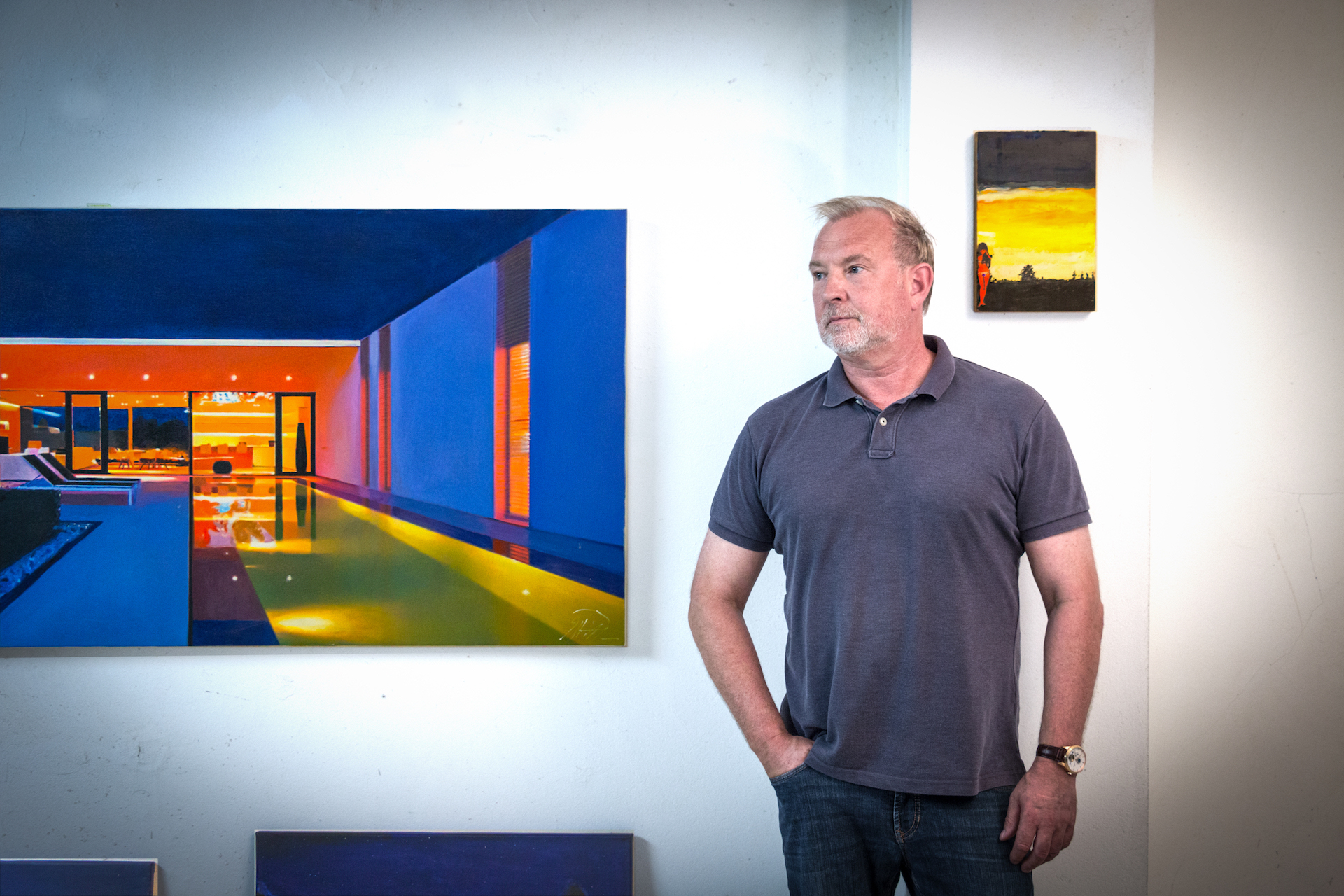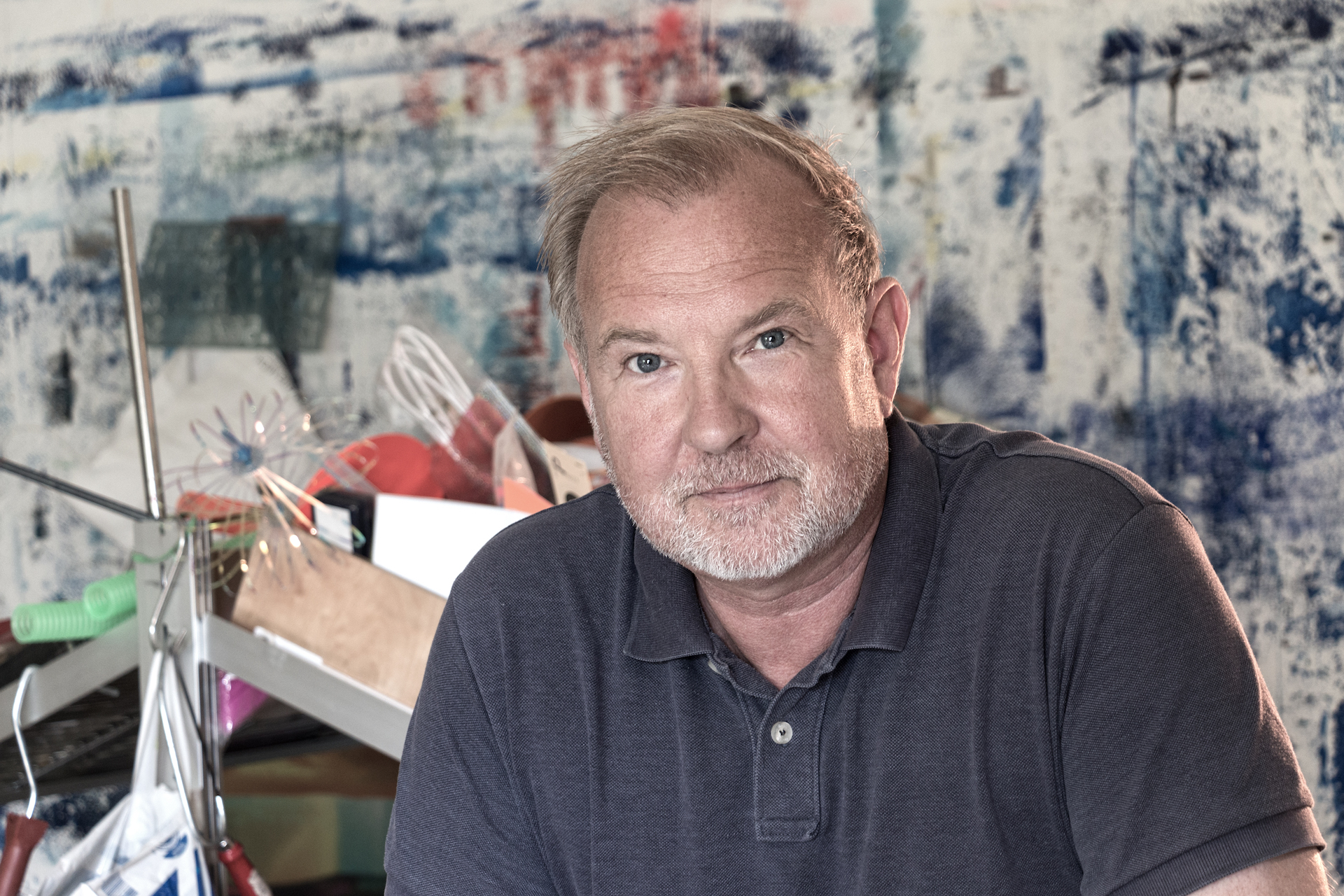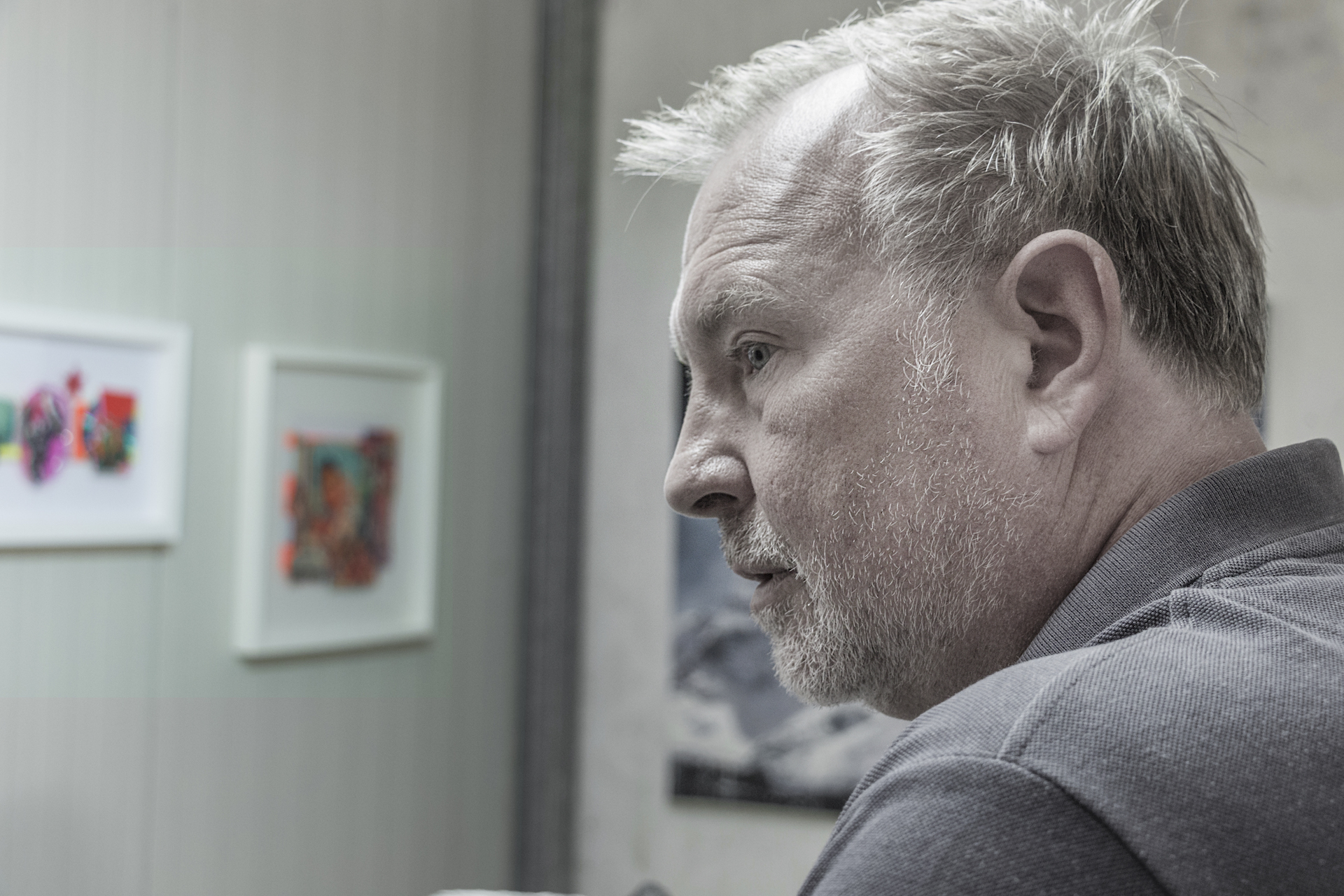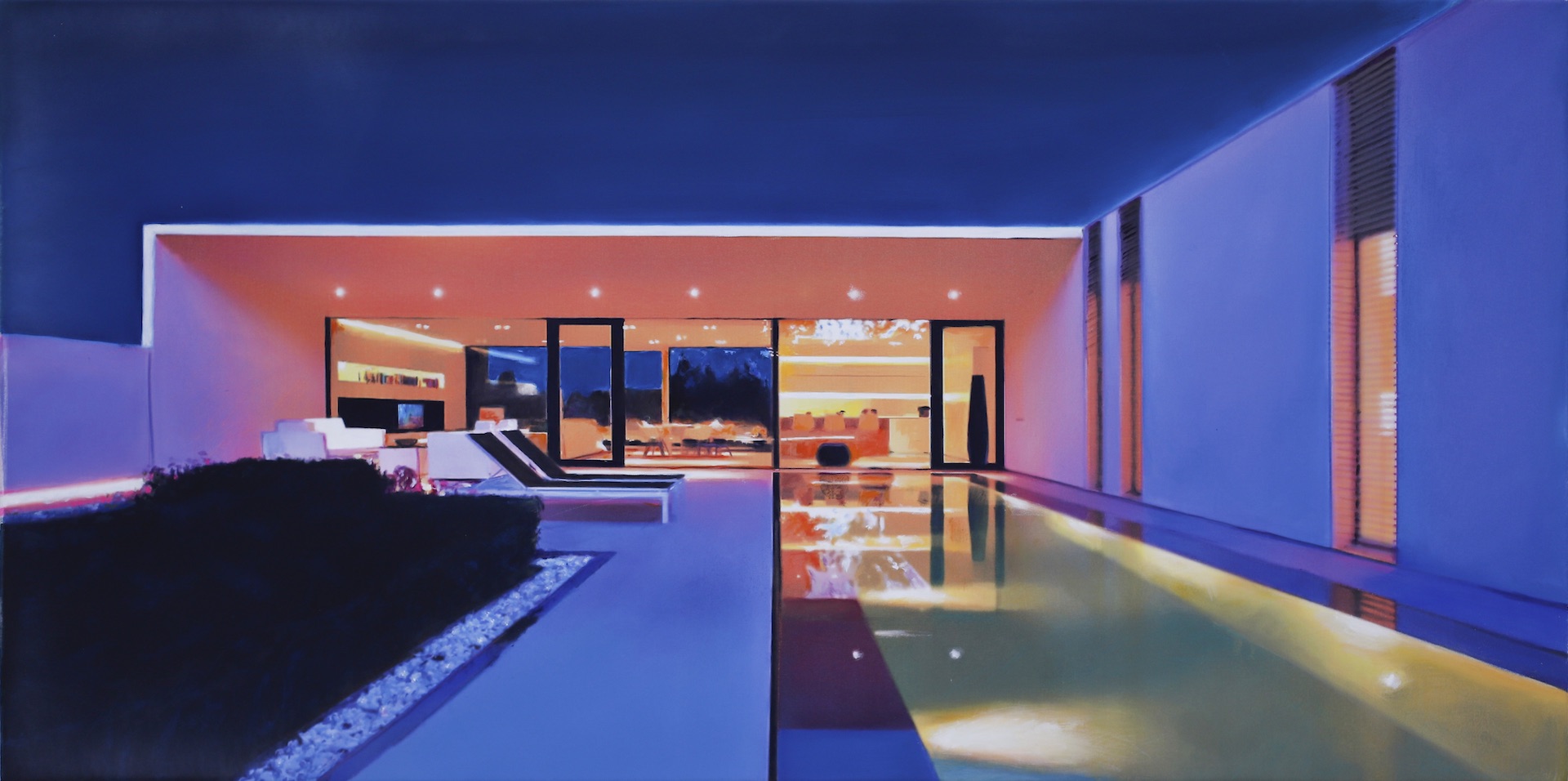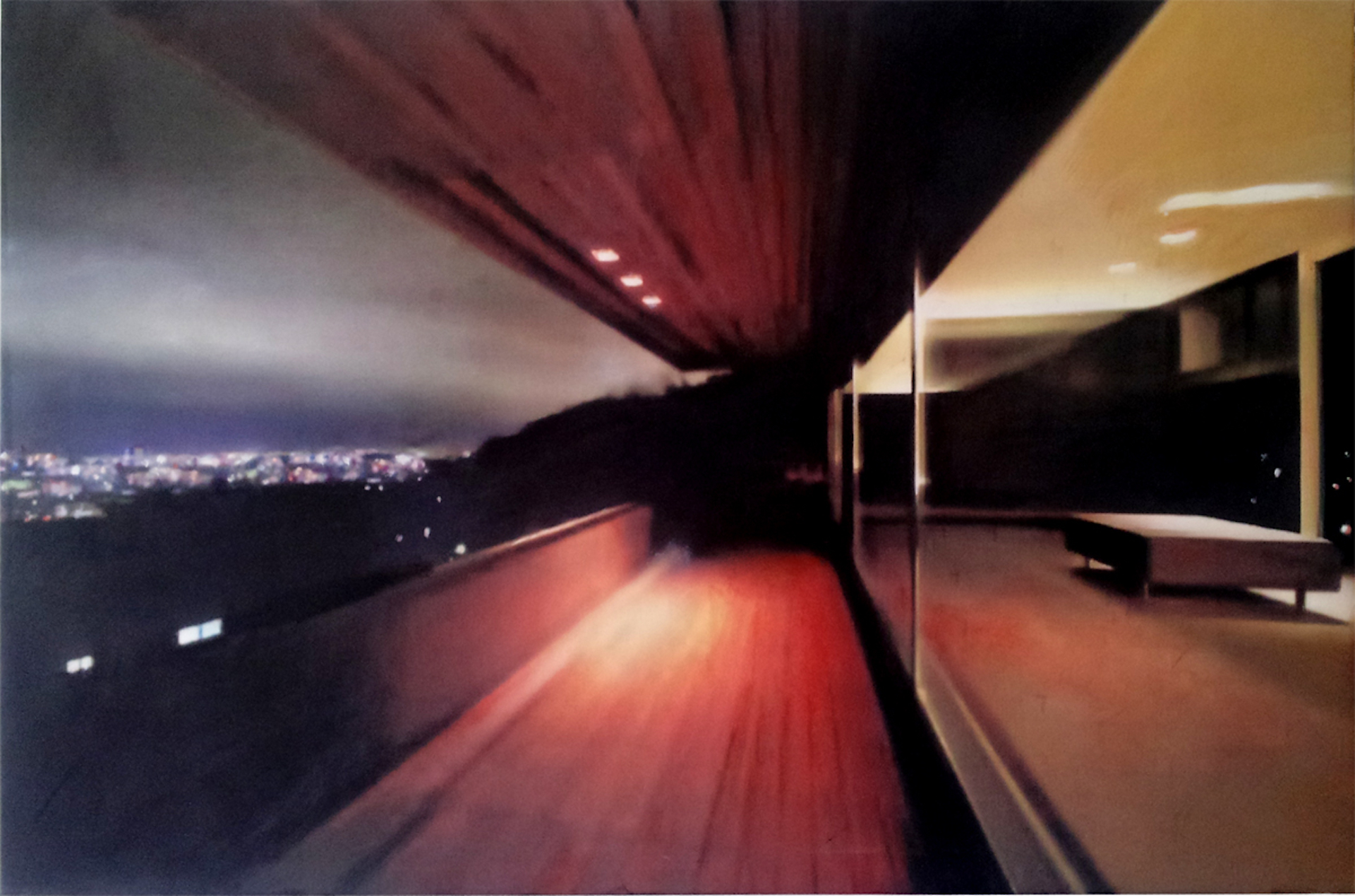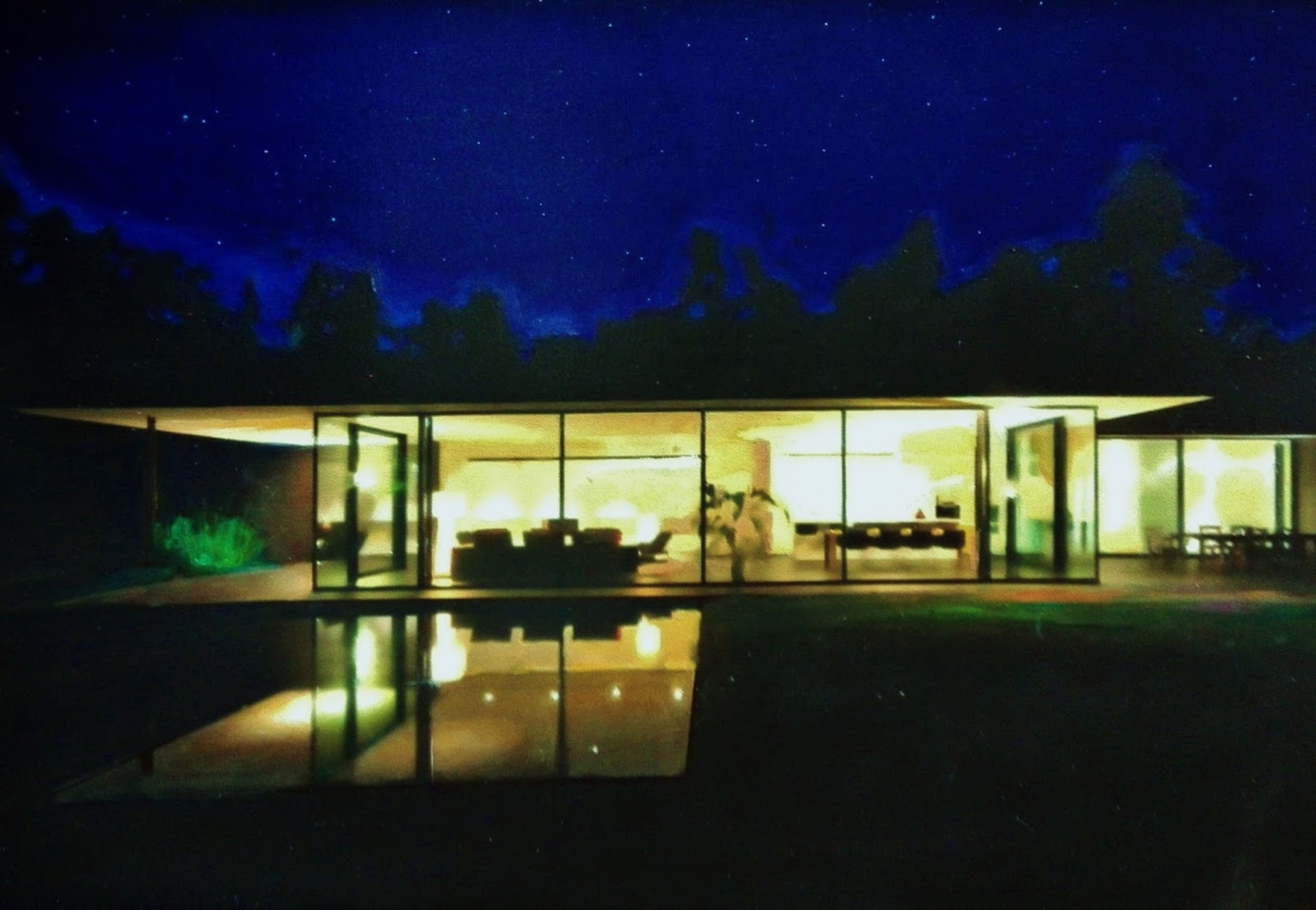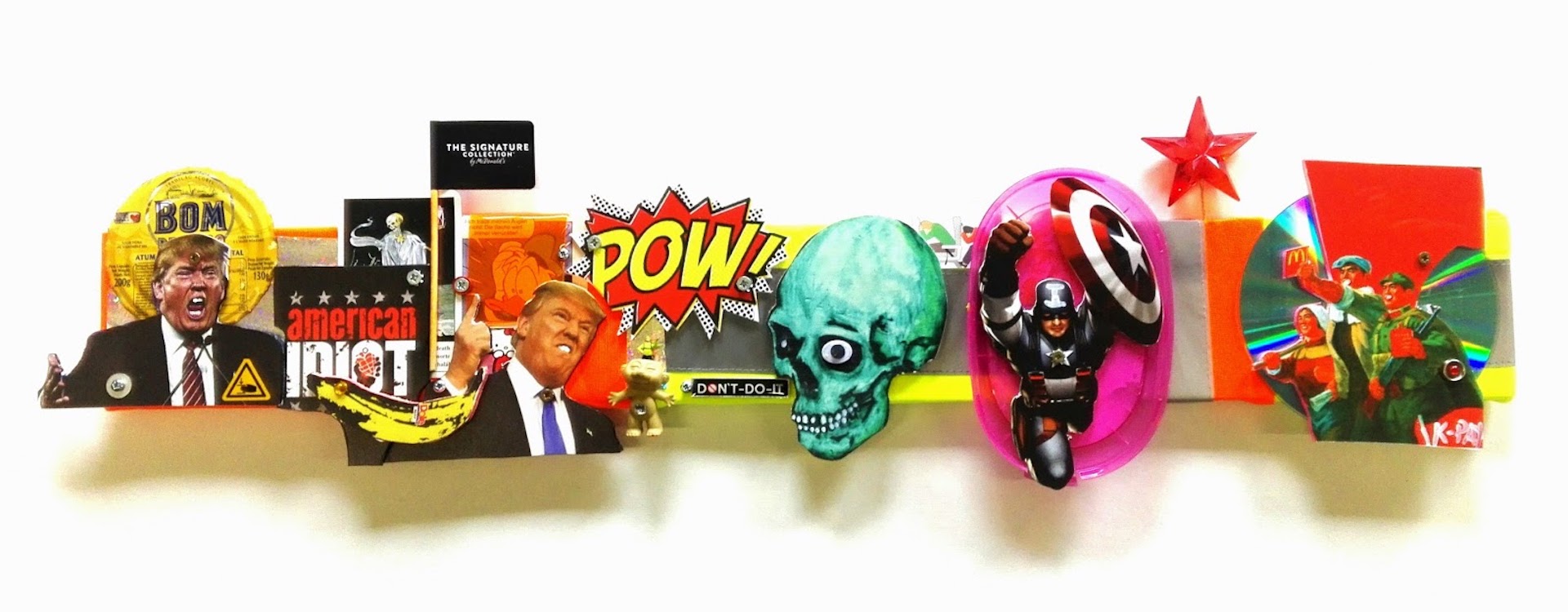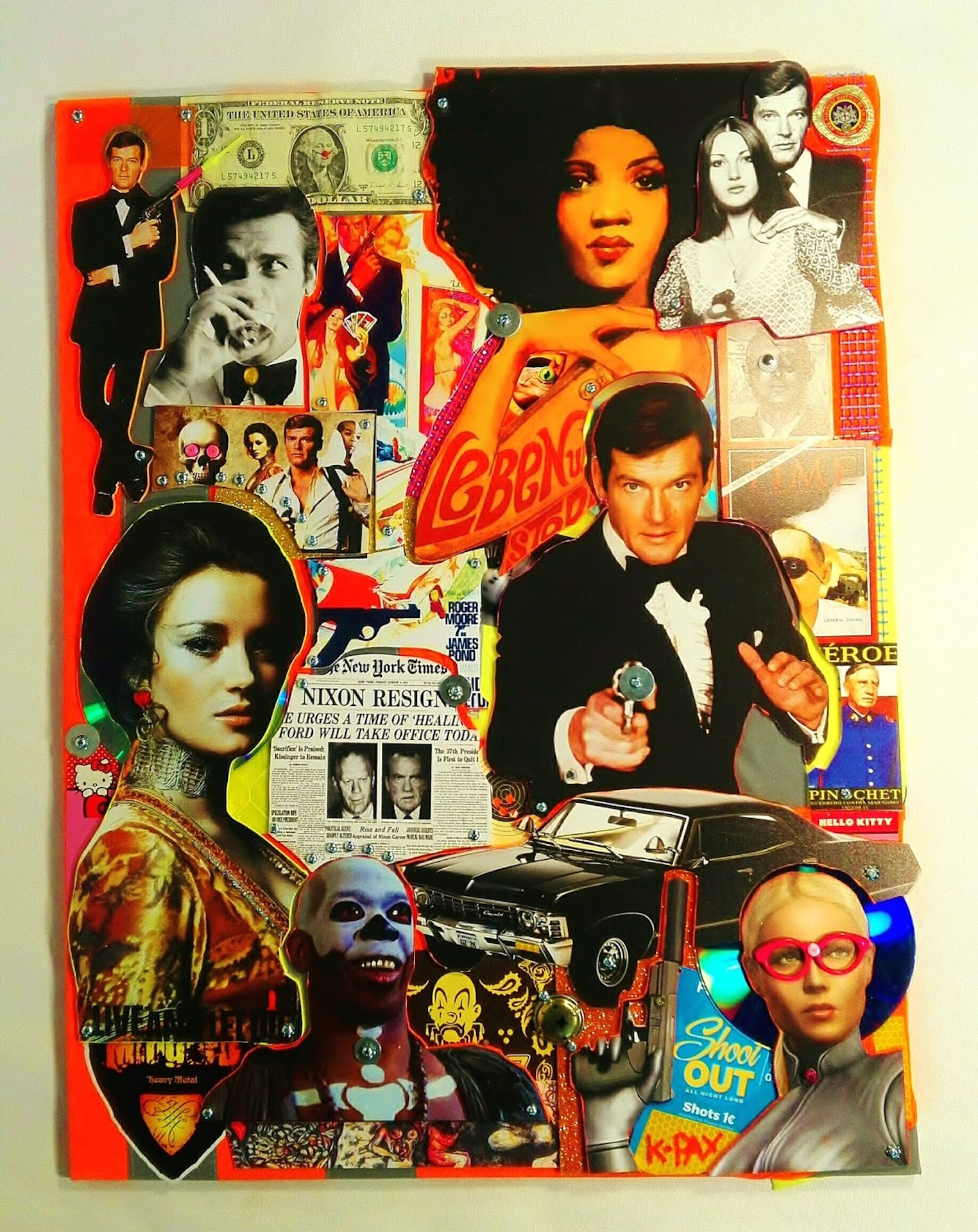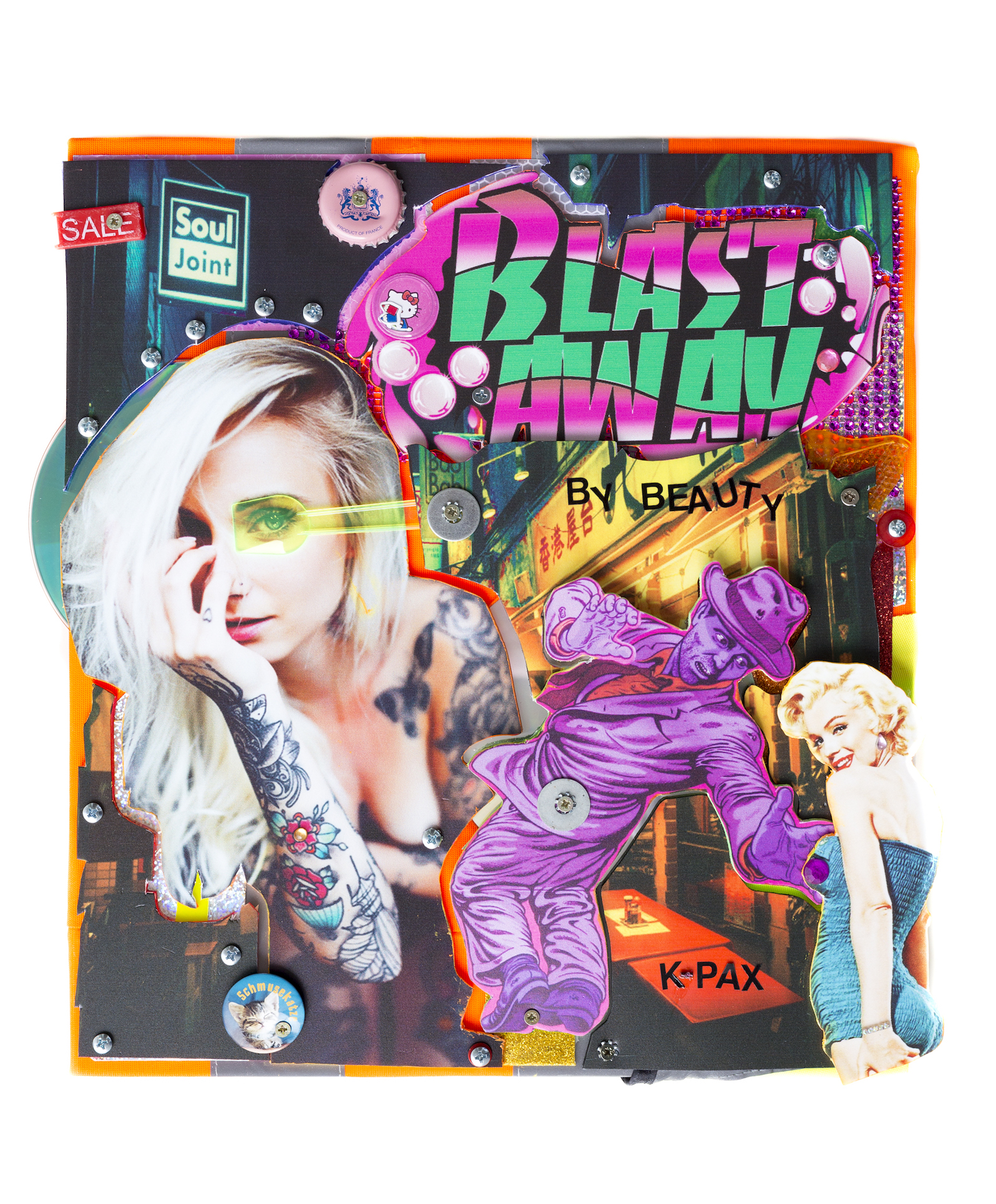Artist's Soul - Matthias Poltrock
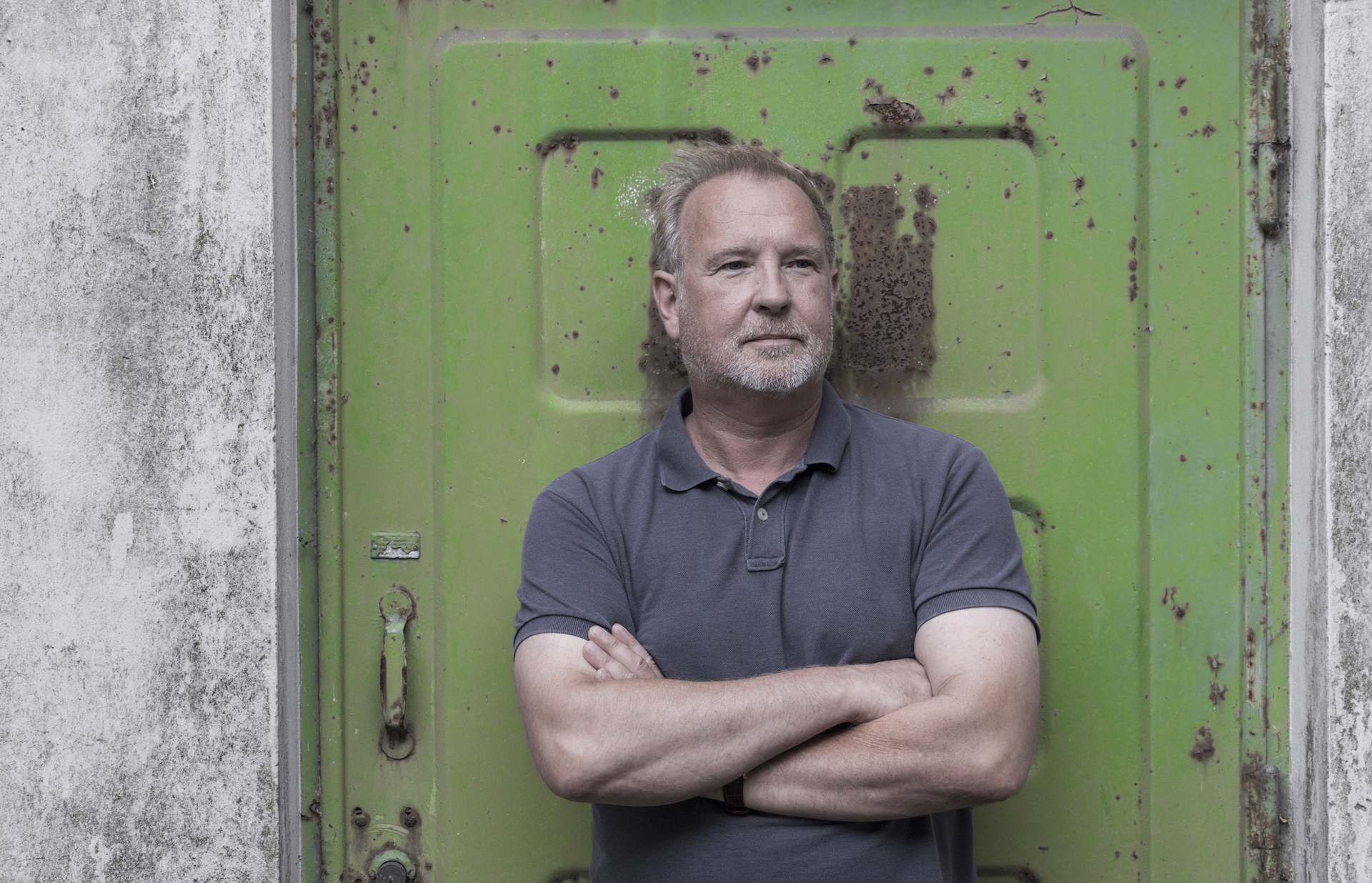
Text: Olaf Adam; Photos: Olaf Adam, Matthias Poltrock
This article originally appeared in 0dB - The Magazine of Passion N°3
In his work, he lets his gaze wander over the metropolises of the world, but personally prefers to stay in Westphalia. An artist portrait.
Without Art, Nothing Works
"Nope, it had nothing to do with free will." Matthias Poltrock, born in 1962, sits on his terrace in northern Westphalia, the border with Lower Saxony and the Teutoburg Forest within sight, and reflects on what has been driving him to make art for almost his entire life. He rented his first studio at the tender age of 19, and since then has invested a lot of time, work, and sweat into his passion, which he sees as a calling. Many things might have been easier over the past nearly four decades if he had simply found a "sensible job," maybe even made a "career" out of it and pursued art as a "hobby" on the side. But for this native Westphalian, that was never an option—it was exactly the other way around. According to Jean Paul, art is "the wine of life," and to earn a living, you often have to do other things. Since Matthias cannot make a living from his art alone, over the years he has worked as a drywall builder, painter, graphic designer, and much more. "It wasn't always easy. Sometimes I did wonder if I wanted to continue like this. But giving up art, that just wasn't possible."
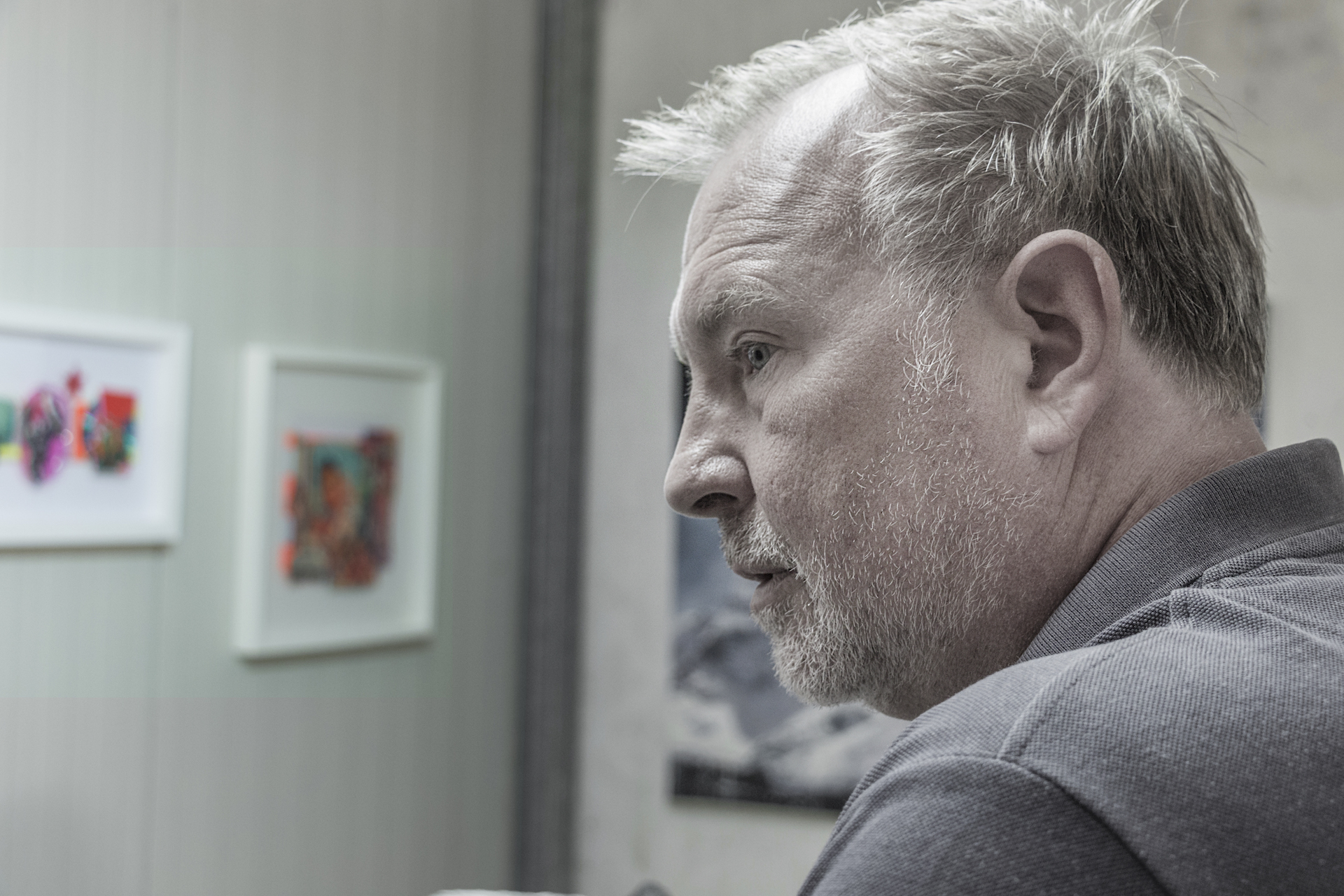
Currently, however, the situation is "pretty good," as Matthias says. A position at Lübbering provides financial security and at the same time leaves enough time for art. One of his paintings even hangs in the employer's premises, as Lübbering has been very actively supporting art and artists for years, going so far as to require all trainees to complete a three-day art internship at the start of their first year. There, these young people—often for the first time in their lives—are supposed to discover and learn to express their own creativity. And they also immediately meet a colleague, as the internship takes place in "daun-Town," an artist and studio project in which Matthias is involved.
Trying Things Out
Like many artists, even after some thought, Matthias cannot say why it was always clear that art meant more to him than just a hobby. There is something in him, not exactly definable, that almost compels him to express himself through his art and constantly try new things. Technical, thematic, and artistic experimentation is therefore a central aspect of his work and leads to very different results. Capturing the sublime beauty of the Alps requires a completely different technique, a completely different style, than dreaming oneself to a Caribbean beach with a sunshade and cocktail during a sweltering Westphalian summer. Often, such experiments remain one-offs; sometimes they develop into series or entire creative phases. For example, the screw collages that Matthias has been creating for several years under the artist name K-PAX, which are now traded in galleries in Hamburg, Zurich, or Amsterdam. Elements of pop art meet the discarded, social commentary meets curious everyday finds. Everything is meticulously sorted into organized chaos and assembled into detailed low reliefs with often surprising messages in several overlapping layers. And, of course, firmly screwed together—the Spax screw serves as a focal point of this technique, both literally and figuratively.
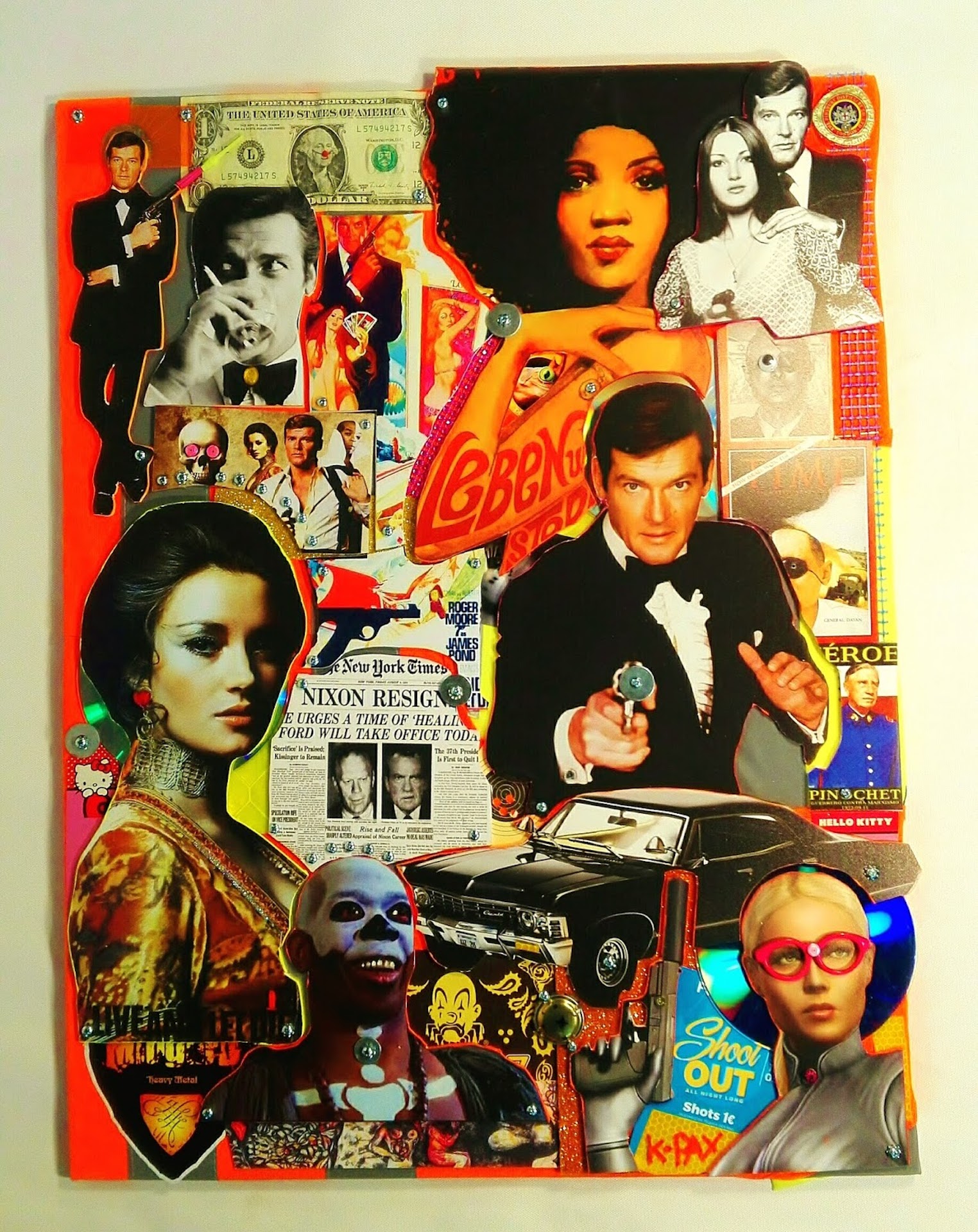
A recurring theme in this series is the classic Bond films, with Matthias aka K-PAX combining film scenes and old advertising material with documents from the respective year of release. But current events also repeatedly find their way into the K-PAX oeuvre. For example, in "American Idiot" a certain American president meets Captain America and Maoist propaganda heroes.
Distant Luxury
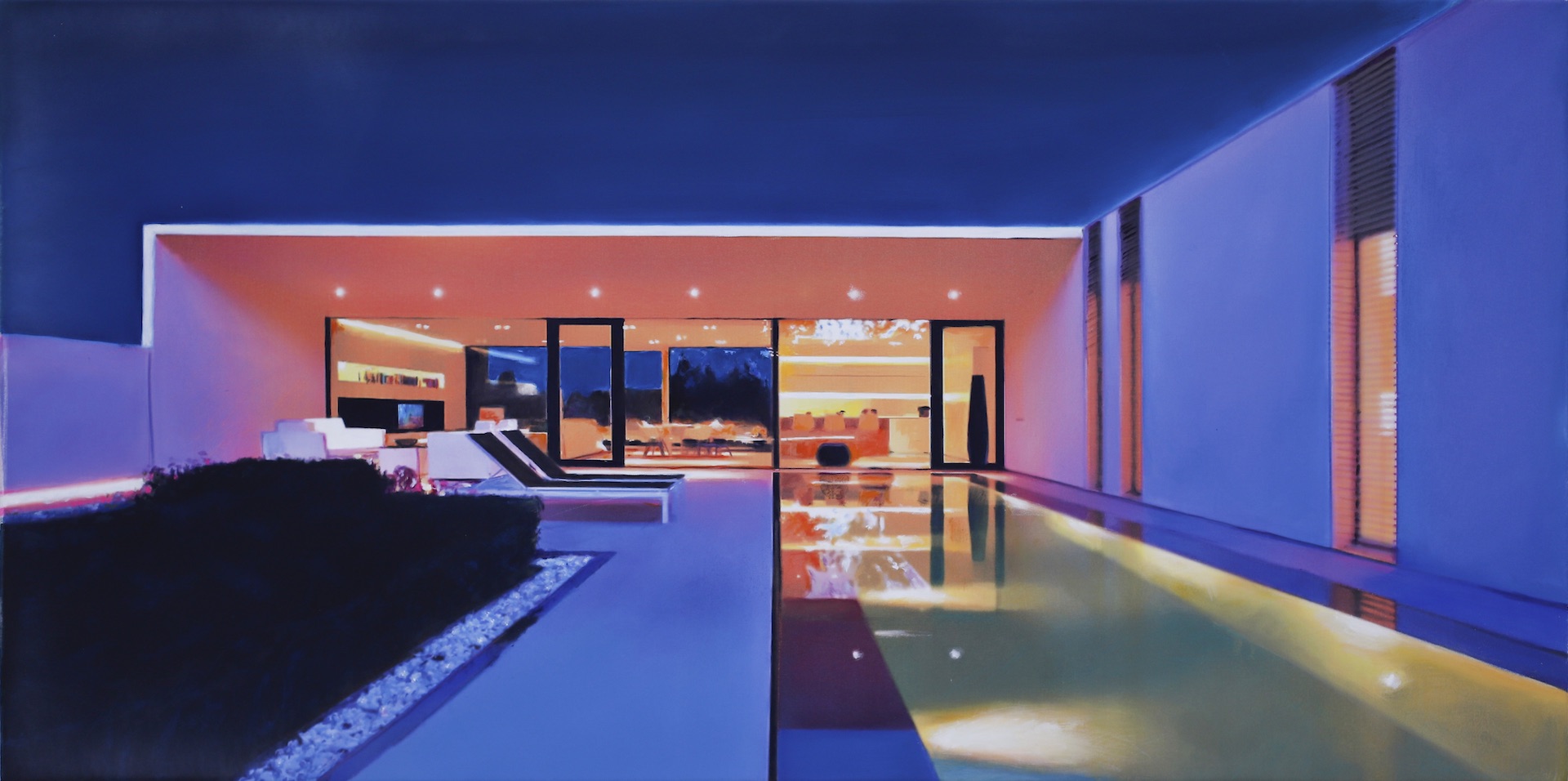
The oil paintings of the series Millionaires View are of a completely different nature, offering a dreamy—and perhaps slightly envy-inducing—glimpse into the living situations of the rich and beautiful. Fascinating architecture meets prime locations in the most beautiful residential areas of the world, with breathtaking views of cities, waters, and landscapes. Almost always, Matthias captures a particular evening or nighttime mood in these paintings; the buildings, illuminated in warm colors, appear surprisingly homely, and the architecture is reduced to its purest lines. The only person in the picture is the viewer, who for a brief moment takes on the perspective of the residents of these dream houses, who perhaps are no longer even aware of their own privileged beauty.
Borgholzhausen Instead of Brooklyn
Sometimes something just has to come out that Matthias can't or doesn't want to put into words or clear pictures. Then powerful abstract paintings emerge, with loud colors and bold brushstrokes, preferably in large formats. And he enjoys doing this live in front of an audience as part of a painting performance. Whether it's obscure (and until the event completely unknown to him) baroque flute music in a church or the topping-out ceremony of a university building, inspiration can be found everywhere, and the unprepared and unpredictable nature of such situations is what Matthias finds especially appealing about these actions.
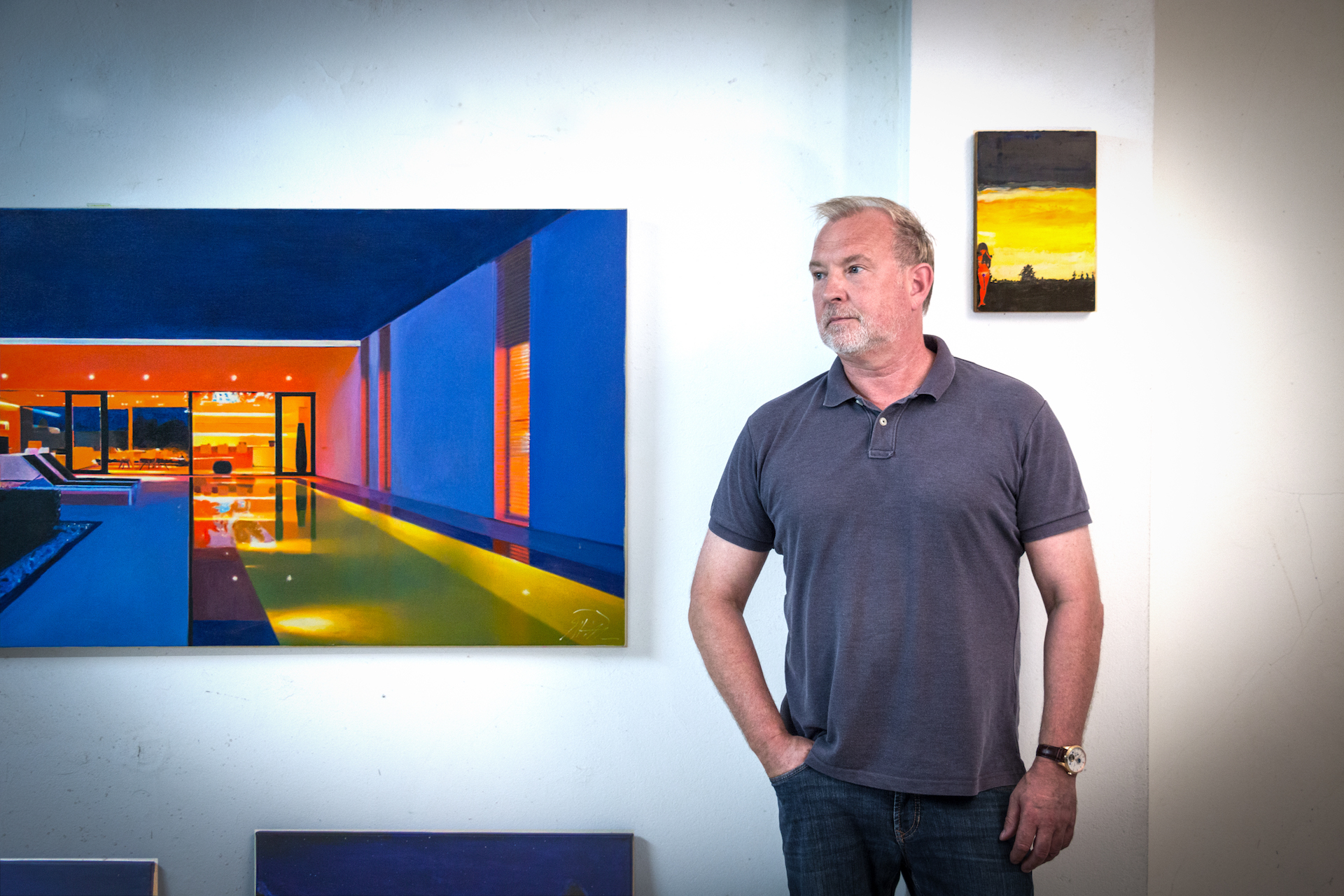
The artist from Borgholzhausen was recently granted a special honor: together with 16 other international artists, he was invited to reinterpret the works of the world-renowned Düsseldorf photographer Teddy Marks for the book project Reborn. Matthias was able to contribute two works, a K-PAX and a Millionaires View, both of which reinterpret Marks' nude photographs in completely different ways.
Another Millionaires View is on display until the end of October 2018 as part of the exhibition "Here and Now – Contemporary Art in Hamm and Westphalia" at the Gustav-Lübcke-Museum in Hamm, making it a nominee for the "Art Prize of the City of Hamm." Sure, Hamm isn't London, and Borgholzhausen isn't Brooklyn. But Matthias has never been drawn to an "art metropolis"—he feels at home here in Westphalia, has found his center, and is at home here. And even though he is happy to sell his art, it is neither recognition nor income that drives him to continue. In a reinterpretation of a well-known saying, the composer Arnold Schönberg wrote at the beginning of the 20th century: "Art doesn't come from ability, but from necessity." Matthias would surely agree with him.
Contact Info:
Matthias Poltrock
www.poltrock.info
www.dauntown.eu
Matthias's works can be seen in many galleries in the area, in "daun-Town" (by appointment only), and regularly at the Auditorium.
Gallery
